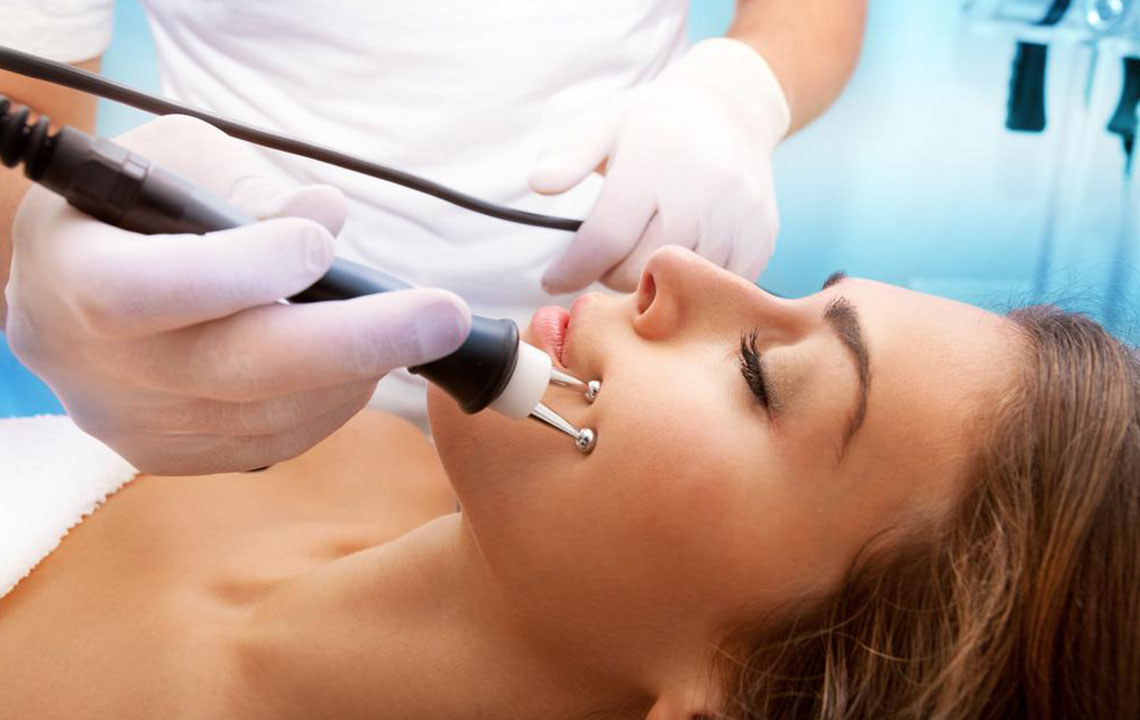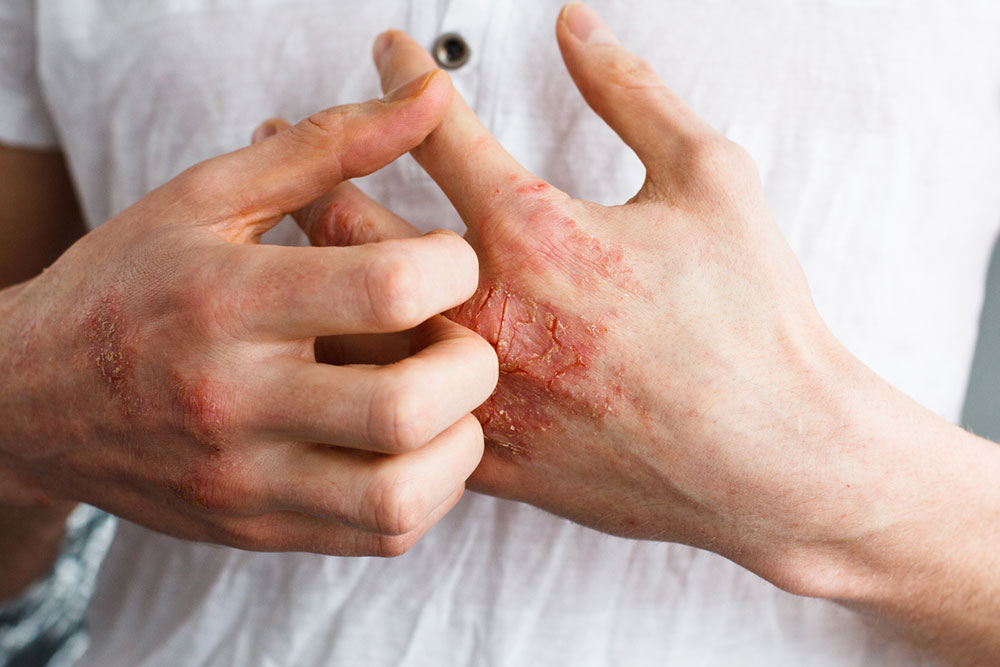Effective Strategies for Managing Adult Acne
Discover effective solutions for adult acne management, including topical, oral, laser, and natural treatments. Learn how hormonal changes, stress, and lifestyle factors influence breakouts and how to address them with expert advice for healthier skin.

Effective Strategies for Managing Adult Acne
Although acne is commonly associated with teenagers, many adults experience persistent breakouts well into their 30s, 40s, and beyond. Dermatologists report that adult acne can develop independently of childhood skin issues, leading to continuous demand for targeted treatments and skincare products annually.
Hormonal changes are a key driver behind adult acne, particularly in menopausal women and those affected by hormonal shifts during menstrual cycles or pregnancy. Birth control pills and stress can also trigger breakouts, as they influence oil gland activity. Other contributors include genetics, skincare routines, and certain medications.
Managing stress is vital since it can aggravate acne. Topical options like salicylic acid, benzoyl peroxide, or retinoids help clear pores. Combining these with antibiotics or exfoliants such as glycolic acid can boost effectiveness. Eating a diet rich in fruits and vegetables while limiting sugar and carbohydrate intake supports healthy skin. Dermatologists may prescribe oral treatments like hormonal therapy, antibiotics, or spironolactone to control outbreaks.
Advanced laser treatments target sebaceous glands and reduce oil production, leading to clearer skin and fewer blemishes. Though more expensive, laser procedures are increasingly favored.
Natural remedies include limiting salt intake, staying hydrated, and regular exfoliation with natural ingredients like sugar or oats. Moisturizers prevent dryness, and tea tree oil provides antimicrobial benefits. Homemade masks with honey, apple cider vinegar, and coconut oil are popular. Probiotics can also help restore skin microbiome balance, reducing acne risk.
Seeking guidance from a dermatologist is crucial for identifying the most suitable long-term treatment, as multiple approaches may be necessary for effective adult acne management.


